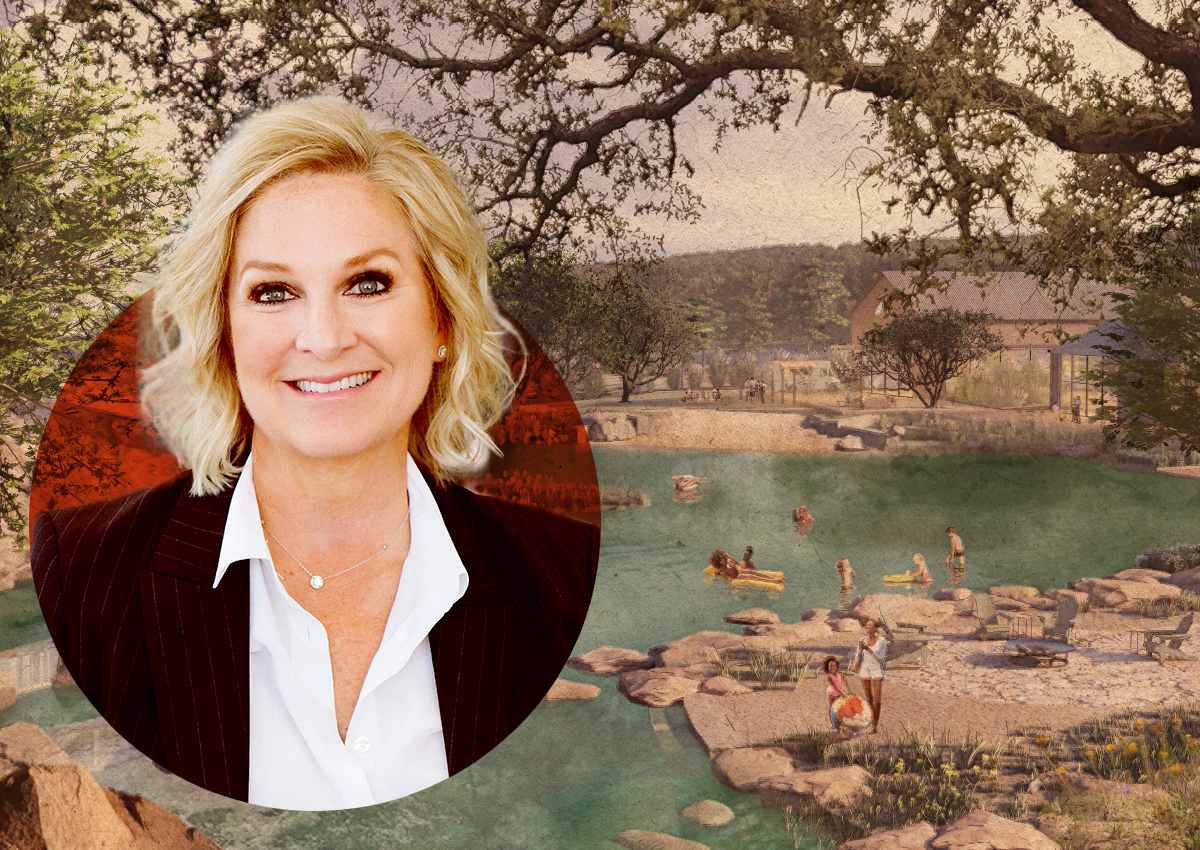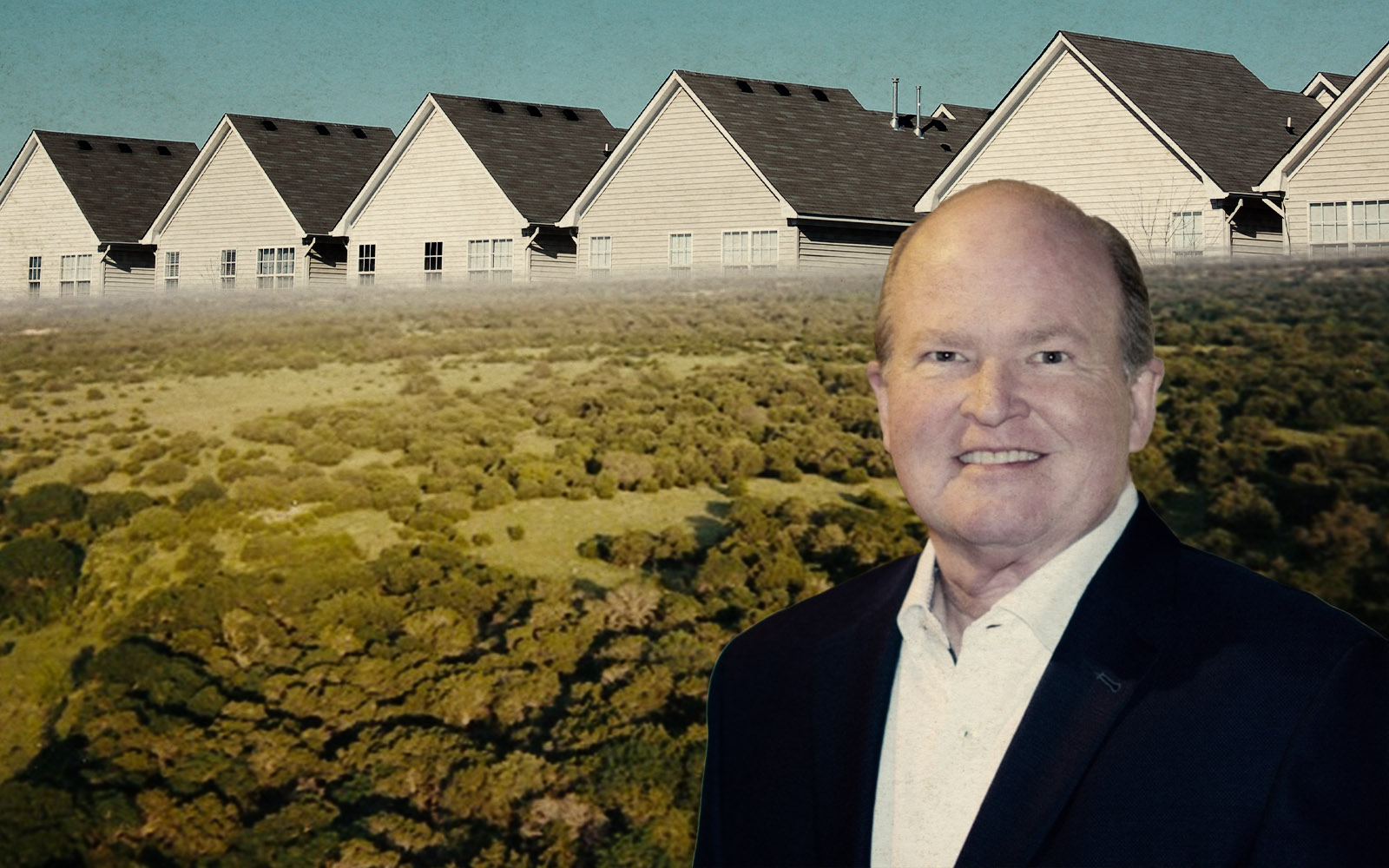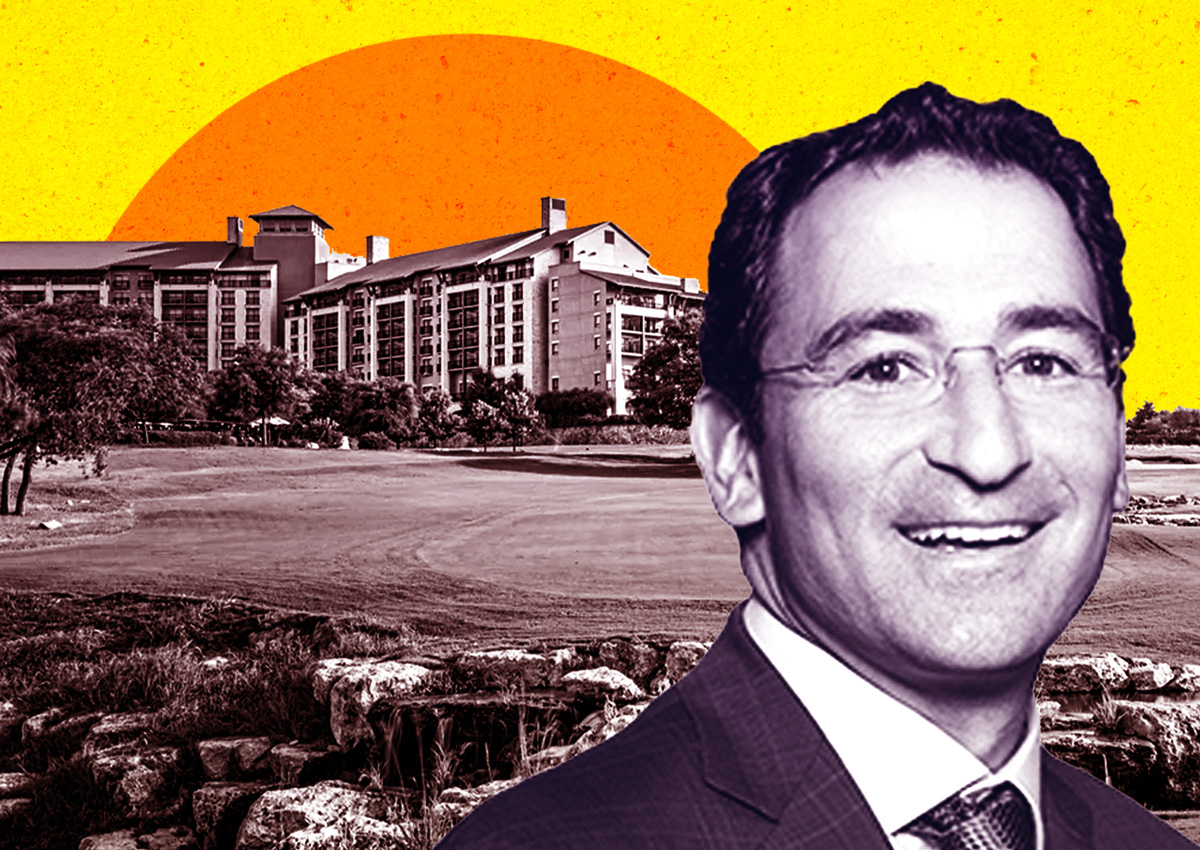Developers are eager to start a 242-acre residential project in a lake town west of Austin two decades after a planned development district was approved by local officials.
Las Vegas-based Turnback Development bought the Lago Vista site in 2008, with plans to build at least 400 homes, a clubhouse and amenity center, while preserving 120 acres of open space to include the city’s first lakeside public park, the Austin Business Journal reported.
By right, the developers could start the project now, but they’d rather propose a more specific plan than the original concept, according to Andrew Trietley, project manager for Colorado-based Ventana Capital, which is representing the ownership group.
“As the Austin area continues to grow and diversify, and its employment and migration patterns continue to shift, it feels like it’s the right time for this community to deliver high-quality housing in this location,” Trietley told the outlet.
The “city of Lago Vista is a lakeside community that has no access to its own lake” and the firms want to help create the city’s first waterfront public park, he said.
Lago Vista officials and developers have been in talks for months, but modifications to the original plan have not been approved, largely because local residents have opposed the project due to concerns over traffic and the size of the development, worrying it would disrupt the town of 9,400 people.
Locals have protested at city council meetings, even though Turnback’s proposal is significantly smaller than one proposed in 2007 by Dallas-based developers. Their plans called for 700 homes, a dry-stack marina, restaurant and small general store.
Lago Vista officials are waiting to approve the development until an analysis of potential impacts on traffic and other aspects have been done. However, a resolution could be approved soon, according to Mayor Ed Tidwell, who said the proposal could have a final vote in front of both the Planning and Zoning Commission and City Council by early August.
“It’s been a challenge for the developers and council to negotiate something,” Tidwell told the outlet. “Because they have their rights as private property owners to develop something. We’re just trying to figure out what’s the best fit.”
—Quinn Donoghue
Read more



